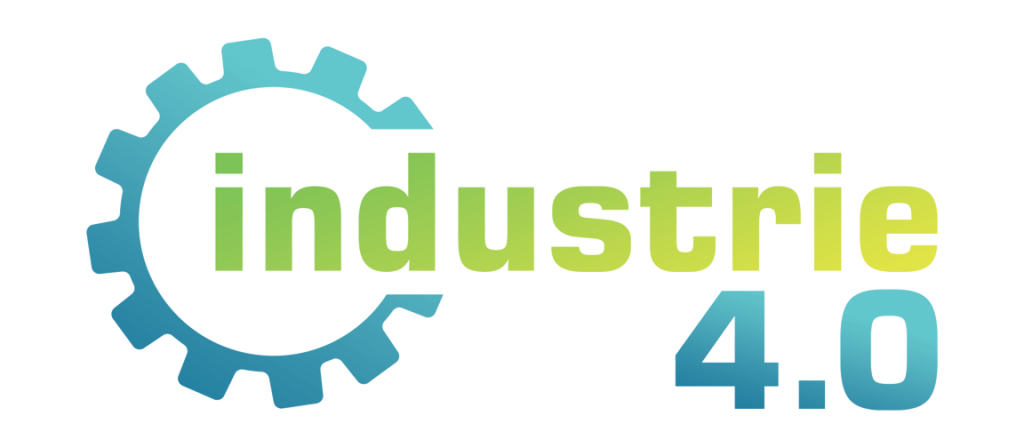The Internet of Things is finding its way into production. Machine-to-machine communication revolutionizes factories by decentralized control. Products with embedded digital memories guide themselves through the future’s smart factories. This generates low-volume, high-mix production in a cost-efficient way.
One of 10 “Future Projects” identified by the German federal government as part of its High-Tech Strategy 2020, the “Industry 4.0” project represents a major opportunity for Germany to establish itself as future industry lead market and integrated provider. Since on-demand-production of highly individualized products requires short logistic chains, production is guaranteed to remain the backbone of Germany’s economic performance. “Industry 4.0” is a strategic initiative to take up a pioneering role in industrial ICT which is currently revolutionizing the manufacturing and engineering sector. The strategy will allow Germany to stay a globally competitive high-wage economy.
As “Industry 4.0” also means repatriation of production from Eastern Asian markets back to Europe, it offers plenty of potential for neighbouring countries. Lithuania with its strong engineering and machinery proficiency could become one of the biggest beneficiaries of this current development.
Following a bilateral Conference on “Industry 4.0” on May 19th 2016 in Vilnius, different partners have formed have formed Lithuanian working group “Pramonė 4.0”. The group consists of The German-Baltic Chamber of Commerce, Lithuanian Engineering Association LINPRA, Lithuanian IT-association Info BALT, the Lithuanian Confederation of Industrialists LPK, Universities as well as other stakeholders and is supported by various Lithuanian ministries.
What is “Smart Industry” and what does “Industry 4.0” mean?
Industry 4.0 refers to the technological evolution from embedded systems to cyber-physical systems. It represents the coming “fourth industrial revolution”: Decentralized intelligence helps create intelligent object networking and independent process management. Decentralization means a paradigm shift for producers compared to conventional production process logic. Machines no longer simply “process” the product. Instead, the future product communicates with the machinery to tell it exactly what to do. The connection of embedded system production and smart production processes will radically transform industry and production value chains and business models.
What does this mean for the software sector?
Some experts believe that Enterprise Resource Planning (ERP) software will be directly linked to process control systems (PCS) at the production level, thereby eliminating the need for ERP software. On the opposite, others consider Manufacturing Execution Systems (MES) software to be excellently situated for the implementation of smart production. Actually, the answer is not yet clear. It seems rather unlikely that one software system will replace the other. The most likely scenario is a convergence of the two systems, as interdisciplinary integration becomes more and more important.
What does this mean for Manufacturing?
The merging of the virtual and the physical worlds are leading the way to a new industrial age. So-called “smart factories” will be characterized by cyber-physical systems, providing advantages in all areas compared to conventional systems: quality, fault tolerance, time, resources, risk management and costs. Smart factories are characterized by high levels of automation, made possible by production systems which, to a large extent, automatically oversee production processes. Production advantages can also be optimized according to a global network of adaptive and self-organizing production units belonging to more than one operator – whichs means that different operators can work on the same production simultaneously.


